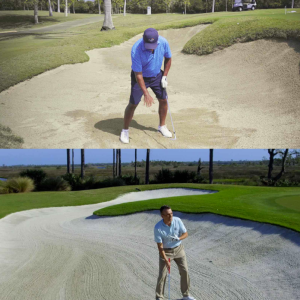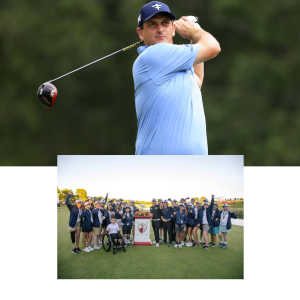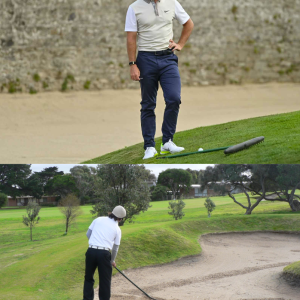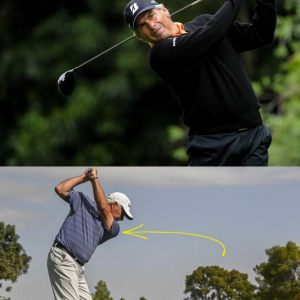We’re familiar with the stars, but what about the stage?
As top female professional golfers representing the United States and Europe prepare for the 2024 Solheim Cup, here are 9 things to know about Robert Trent Jones Golf Club, in Gainesville, Va., where the biennial event gets underway this week.
The designer considered it his masterpiece
A prolific and profoundly influential architect, known as the “father” of modern golf design, Robert Trent Jones Sr. wasn’t shy in self-regard. But he only named one club after himself. “The terrain is aesthetically perfect,” Jones, Sr. said of his eponymous project, which he completed in 1991. “I don’t think we could have done anything better anywhere.”
He came upon the land by accident
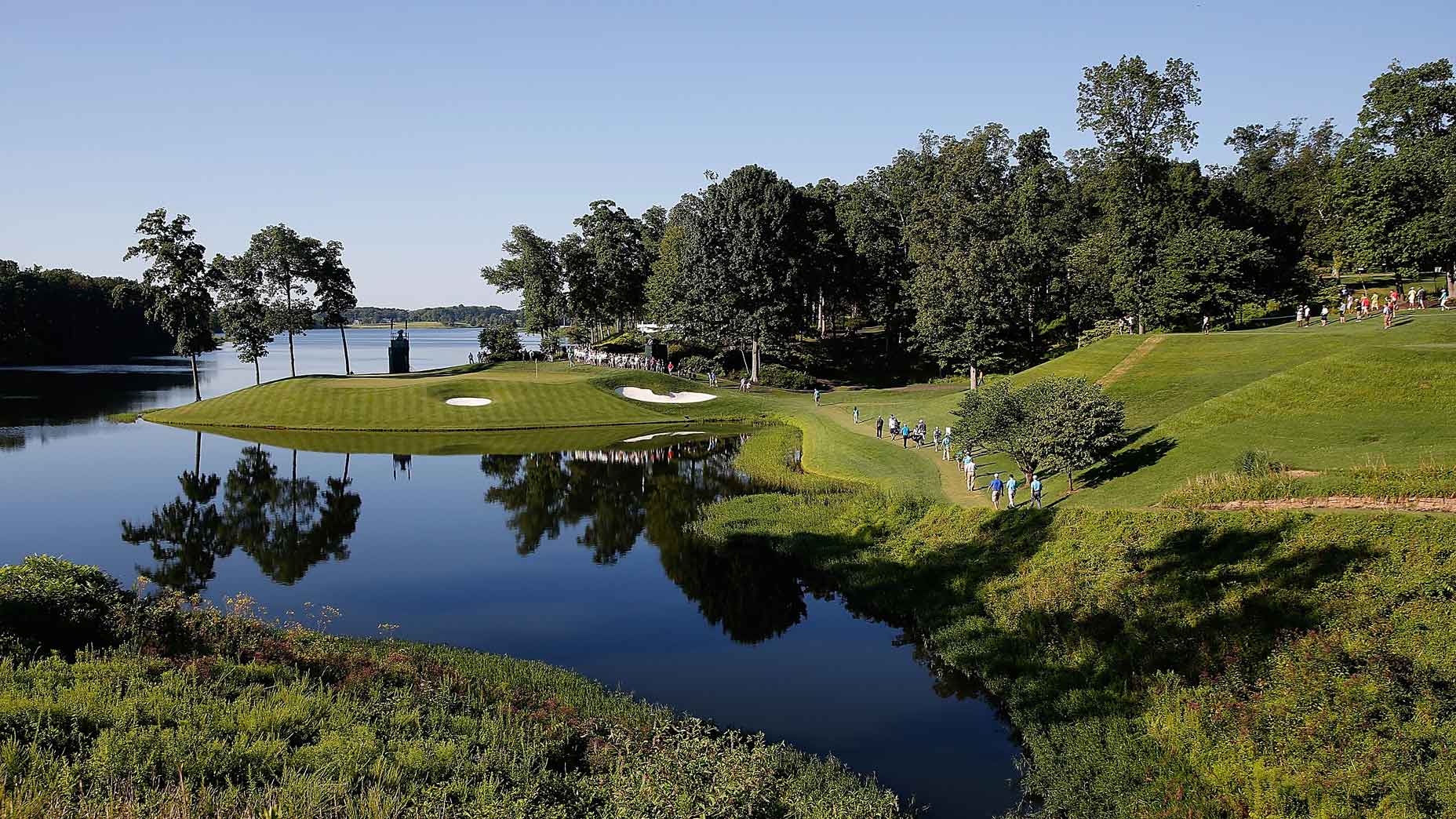
In the early 1970s, Jones Sr. was flying into Washington, D.C., to inspect a site for a potential course when he looked down and was smitten by a different swath of land, alongside what is now Lake Manassas, roughly 40 miles west of the capital. In subsequent years, he set about purchasing the property, parcel by parcel, until he had enough acreage to execute his vision.
The club hosted the first Presidents Cup (and three others)
Though the club has never staged the Solheim Cup before, this is hardly its first time in the spotlight. It played host to the inaugural Presidents Cup, in 1994, and reprised that role the next three times the event was held on U.S. soil, in 1996, 2000 and 2005. It also was the site of the PGA Tour’s 2015 Quicken Loans National.
It’s not a country club
No swimming pool. No tennis courts. No pickleball. No bocce. “We’re not what I would describe as ‘family friendly’,” says Wayne Valis, a former longtime D.C. lobbyist who now works as a consultant and has been a member of the club since it opened. “We’re a golf club. We have a lot of single-digit handicaps. It’s for people who are serious about the game.”
MJ is a member
It’s no secret that the GOAT loves golf. It’s also not a mystery how he likes to play it. Of the club’s roughly 400 members, perhaps the highest profile amateur is Michael Jordan, who is not known as a fan of the $2 Nassau. “He’s a high roller,” Valis says. “When he comes here, he’ll play 36, stay over and play 36 the next day. And it’s high stakes all the way.”
Michael Jordan
True to reputation, Jordan enjoys high-stakes matches at the club. Getty Images
So is Barack Obama
It’s hard for former U.S. Presidents to keep a low profile. But Obama does his best when he turns up at the club. “He brings two secret service agents and they don’t carry rifles,” Valis says. “They wear long shirts that conceal their firearms, Obama has them ride along in one cart so they look like golfers. And he doesn’t play until late afternoon. He’s very unobtrusive.” Earlier this week, the former Commander in Chief made an appearance at the club to wish the U.S. team well.
President @BarackObama surprised the @SolheimCupUSA team at dinner to wish them good luck at @TheSolheimCup this week!🇺🇸👏 pic.twitter.com/YDEkZpUOc1
— LPGA (@LPGA) September 9, 2024
Bill Clinton has a locker
Like both President Bushes, Bill Clinton made good use of the club during his time in the Oval Office, and he still keeps a locker, though he doesn’t get out anywhere near as often as he once did. A big fan of mulligans, Clinton broke few land-speed records. George H.W. Bush, by contrast, whipped around quickly in a cart, getting through 18 in a shade under two-and-a-hours, pulling clubs without pinpointing yardages and spending just enough time over the ball to repeat a pre-shot mantra. Before every swing, Valis says, the President would say quietly, “Mr. Smooth, be with me!” Which sometimes turned out to be the case.
There’s an RTJ burger
His name is on the club and the grub. Well, on one dish, anyway: the Robert Trent Jones burger, a staple on the clubhouse menu that is made with a mix of ground beef and sausage.
It’s a brawny design
Among other things, Jones Sr. was known for ushering in an era of hero golf, with designs that required long forced carries and high-flying, aerial assaults. In many respects, this course fits that bill. It tips out at more than 7,400 yards, and its greens, many of which slope back to front, are guarded by bunkers that allow little wiggle room for run-ups. Yet it won’t play its full length for the Solheim Cup, where the setup will be closer to 6,700 yards and include short par-4s and reachable par-5s with watery trouble: great raw ingredients for match-play drama.
It builds in intensity
Lake Manassas is a prominent, unnerving presence, increasingly so as rounds wear on. It first clamors for attention on the par-3 9th hole, which plays slightly downhill to a peninsula green, and remains in the picture for most of the back nine. Though there’s only one forced carry across the lake itself (on the par-3 11th), the routing dances by the shoreline on its way to the finish, and water repeatedly becomes a factor, perhaps most compellingly on the 480-yard 14th, a gettable par-5 that curls around the drink. The par-4 18th is a nice nail-biter, too, with a green hard along the lake.


